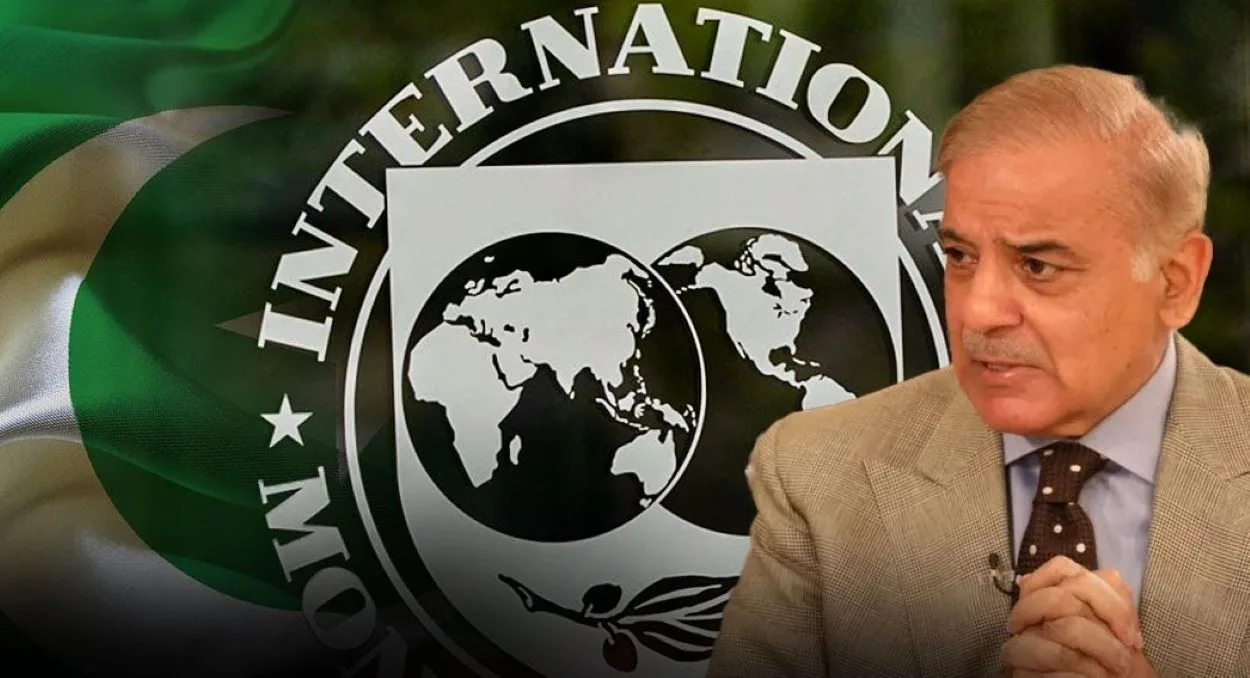The International Monetary Fund (IMF) has shown substantial concerns regarding the 2023-24 budgetary blueprint, advocating for the government to enhance tax and non-tax revenue strategies.
The IMF’s concerns were reported to the Senate Standing Committee on Finance and Revenues by high-ranking officials of the Finance Ministry on Tuesday.
IMF’s Concerns on the 2023-24 Budget
An authoritative Ministry of Finance figure acknowledged the committee that due to IMF’s discontent with the budgetary scheme for 2023-24, they are tasked with justifying the rise in the Petroleum Development Levy to Rs869 billion for the forthcoming fiscal year from the revised estimate of Rs542 billion in the current financial year.
Nevertheless, the senators staunchly contested the Finance Ministry’s proposal to sidestep parliament and authorize the government to inflate the Petroleum Levy beyond Rs50 per liter.
Considering the national consumption trends, the government has prepared a petroleum levy beyond Rs50 per liter and aims to augment it to Rs60 per liter in the Finance Bill 2023-24. There has been a 45% reduction in diesel consumption in the ongoing financial year.
The Senate committee rebuffed the proposed 0.6% advanced tax on cash withdrawals surpassing Rs50,000 and suggested an increased tax rate of 1%, diminishing the limit to Rs25,000 for non-filers. They also suggested modifying Super Tax rates to reduce the highest rate from 10% to 8%.
SECP’s Reservations
The Securities and Exchange Commission of Pakistan (SECP) expressed deep concerns about the potential upsurge in money laundering due to an elevation in the foreign remittances’ monetary limit from five million rupees to $100,000.
The SECP Commissioner, Abdul Rehman Warraich, informed the Senate committee that under Section 111 of the Income Tax Ordinance 2001, the FBR lacks the authority to investigate the source of investment or income and, similarly, tax evasion based on the source of remittance. The section essentially levies taxes on unexplained income, excluding incoming foreign remittances in Pakistan.






